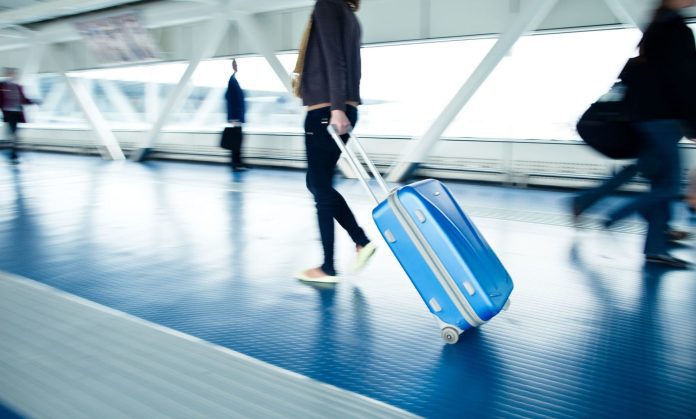Air France will track all bags at Paris-Charles de Gaulle airport using radio frequency identification (RFID) tags from 2020. Around eight million pieces of baggage will be tagged each year, it said.
Air France is working with Paris-Charles de Gaulle airport to implement the technology, starting with the airport’s Terminal 1. It will roll out RFID bag tracking to other airports in France in due course, it said.
Air France is one of the first in the air travel industry to make the transition to RFID tracking, but other airlines and airports will follow. Growth in the volume of air passengers will see the number of bags transported annually in the next few years,from 4.6 billion today, according to a SITA 2018 Baggage Report.
The International Air Transport Association (IATA) stipulates baggage must be traced at check-in, boarding, transfer and arrival, and had recommended deployment of RFID technology for this purpose. Airlines have therefore committed to changing their baggage tags to RFID tags over the next few years.
The move by Air France and Paris-Charles de Gaulle will enable the pair to respond with greater speed and accuracy to enquiries from customers about the status of their baggage. Improvements in baggage identification and tracking will bring gains in operational performance and costs, said Air France.
Alain-Hervé Bernard, chief operating officer at Air France, said: “Air France and Paris Aéroport have a common challenge in terms of customer satisfaction and the smooth running of our operations. With more than 50 million customers carried on board our flights each year, RFID technology provides us with an innovative solution to improve the tracking and identification of baggage, guarantee its transit under optimal safety and security conditions, reduce our costs and improve our operational performance by reducing the time it takes to find missing items.”
Marc Houalla, managing director of Paris-Charles de Gaulle Airport, said: “The use of RFID technology improves the processing of checked baggage by reducing handling and transfer times, optimising capacity and significantly facilitating baggage tracking. This technology is a must in our aim to be one of the best airports in the world for baggage handling.”
Meanwhile, Air France has integrated Google Assistant into various different voice assistant platforms for customers to book tickets, track flights, and engage with other airline services. Its voice assistant, called Louis, already works with Alexa, Amazon’s virtual voice assistant.
The company claims to respond to 10,000 messages per day in nine languages via its service agents and chatbots. It apps has been downloaded seven million times, it said.
Last week, in the continuing adventures of ‘smart airports’, London’s Gatwick airport announced it had appointed UK operator Vodafone to deploy a high speed, high capacity fibre optic network to support new 5G services for higher levels of automation and intelligence in its airport operations.
The move supports the airport’s five-year digital change programme to reinvent itself as the UK’s leading ‘smart airport’.

